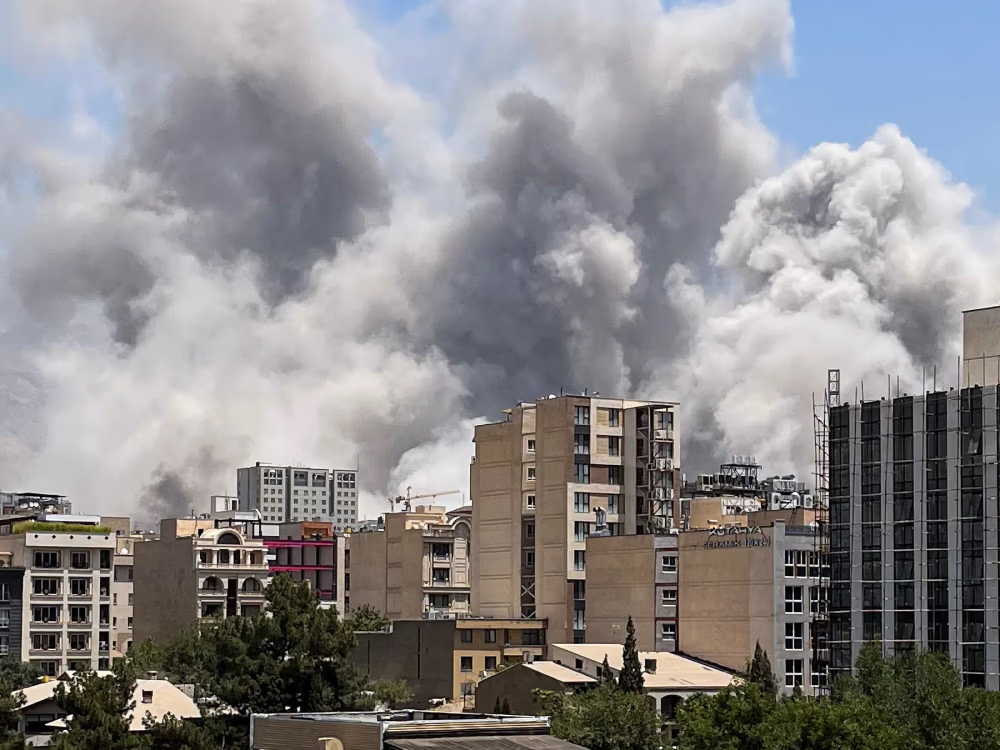A fragile ceasefire is now in effect between Iran and Israel, brokered by U.S. President Donald Trump, following nearly two weeks of intense conflict involving missile strikes, air raids, and heightened regional tensions.
What Happened?
On Monday night, Israeli Prime Minister Benjamin Netanyahu confirmed that Israel had accepted Trump’s proposal for a ceasefire. “Israel has achieved its goal of removing Iran’s nuclear and ballistic missile threat,” said Netanyahu in a statement, while also warning of a “forceful response” if Iran violates the agreement.
The truce follows a dramatic escalation that saw Iran launch multiple waves of ballistic missiles targeting Beersheba in southern Israel. At least four civilians were killed, according to Israel’s national ambulance service.
In retaliation, Israel intensified its military operations, targeting Iranian nuclear facilities and key military infrastructure. Prior to the ceasefire, Israel reportedly struck Iran’s Fordow uranium enrichment site and Tehran’s Evin Prison, which allegedly housed elements of Iran’s military command.
U.S. Involvement
Over the weekend, the U.S. launched airstrikes on three Iranian nuclear sites, citing threats to international security. In response, Iran fired missiles at Al Udeid Air Base in Qatar, the largest U.S. base in the Middle East. The missiles were mostly intercepted, with no reported casualties. On Tuesday, Trump confirmed the ceasefire had officially begun and urged both nations to respect the agreement. “The ceasefire is now in effect. Please do not violate it!” he posted on Truth Social.
Despite the ceasefire announcement, reports of continued violence emerged from both sides:
- Iran launched another wave of missiles before the truce fully took hold, killing at least four in Beersheba.
- In northern Iran, nine people were killed and dozens injured in what officials called a “terrorist attack.” Semi-official Iranian news outlets claimed the strike may have been carried out by Israel and reported the death of Mohammadreza Sediqi, a senior nuclear scientist, in the attack.
What Happens Next?
Iran initiated a 12-hour pause, followed by Israel. The full ceasefire is expected to take effect over 24 hours.
International observers have cautiously welcomed the agreement, though many remain skeptical about its durability.
Tensions remain high, and both sides have warned they are prepared to respond to any breaches. The global community is closely monitoring the situation, hoping the truce marks a turning point toward de-escalation and diplomacy.
(Inputs from Associated Press, The Guardian, Al Jazeera)





